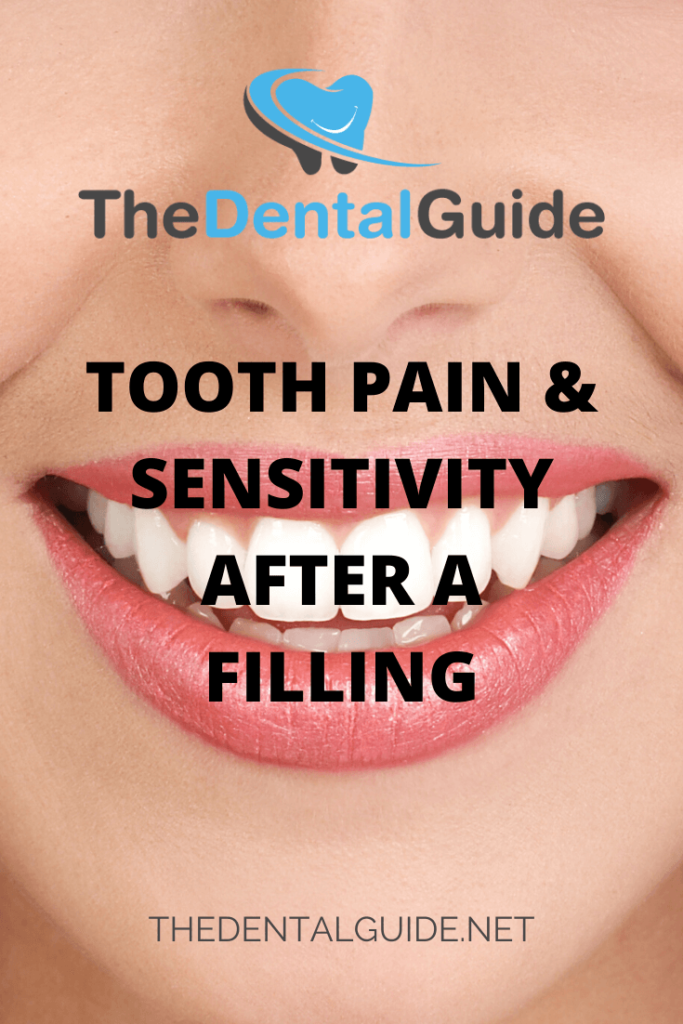Dental fillings are necessary for treating cavities, which are small holes in your teeth which form as a result of decay. Although the filling process is simple and straightforward, the pain after a filling can be troublesome if not handled the right way. A toothache after a filling usually subsides within a few days, but it all depends on the cause and how you treat it afterwards.
What are some common feelings after a filling?
Tooth pain after a filling won’t occur immediately. Dentists use a numbing agent during the operation, so you will not feel anything within the first couple of hours following the appointment. But once the numbness starts to go away, you will experience some strange sensations inside the mouth. Some of these feelings include:
- Tender, painful gums
- Tooth sensitivity when you inhale cold air
- Painful feelings when you consume foods and drinks that are hot or cold
- Discomfort or pain when you clench your teeth
- Unpleasant sensations in the impacted tooth when you eat, brush, or floss
What causes tooth pain after the filling?
There are a variety of things that cause a sensitive tooth after a filling. The first is the way you bite or chew. Whenever you get a filling, it can make the affected tooth an irregular height, compared to the rest of your teeth. This uneven height will put a different kind of pressure on the impacted tooth, causing extra pain or even a cracked filling.
Another cause of tooth sensitivity after a filling is pulpitis. Whenever your dentist eliminates the decayed components from your tooth, he or she uses a drill that emits heat. Occasionally the pulp in your tooth can get inflamed, which eventually causes pulpitis. Your pulp forms a connective tissue toward the centre of your tooth, so this can cause severe pain and sometimes infection.
There will also be times when an allergic reaction can take place after a filling. This reaction could be a result of the materials that were used in the filling. If you notice itching or a rash near the infected tooth, call your dentist and let him or her know that you might be having an allergic reaction. The dentist can always replace the filling with a different kind of material.
How to treat the tooth sensitivity
If you do nothing after a filling, you will be left wondering when the pain will go away. But you can speed up the healing process by implementing a variety of different strategies. You can take anti-inflammatory medication, such as ibuprofen.
You will also need to implement some discipline with your diet for the time being. You should do your best to stay away from hot or cold foods and drinks. Acidic foods and beverages, such as wine, yoghurt, and citrus fruits, are also best avoided. It helps to chew food on the opposite side of your mouth, far away from the impacted tooth.
When you brush or floss in the morning and night, make sure to do so gently. You could also invest in a desensitizing toothpaste product.
